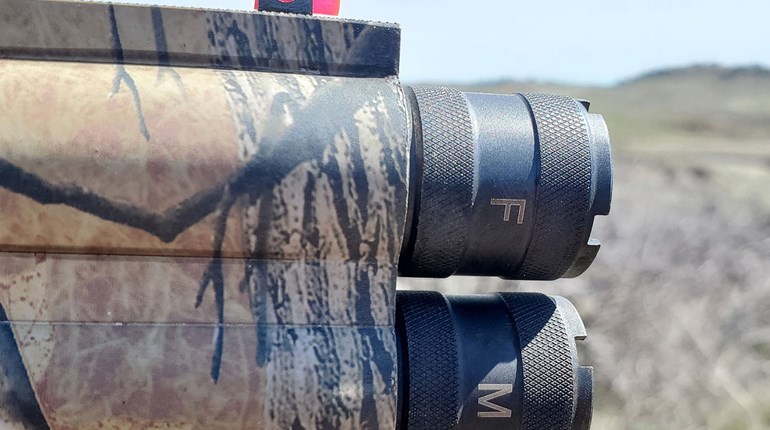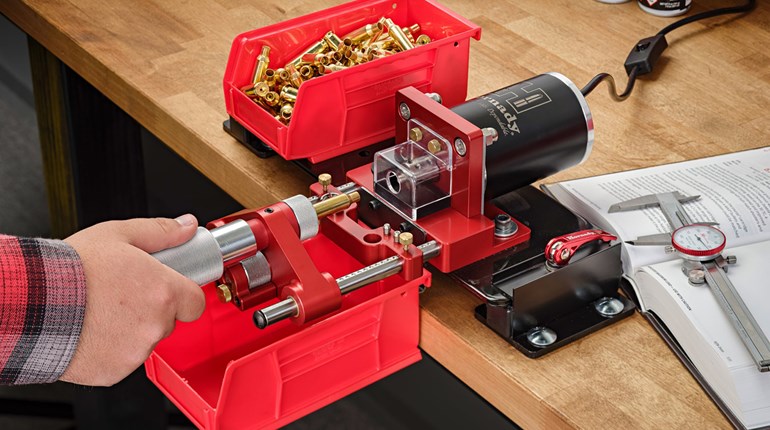
Box calls are made of wood, often have thin sides and, like any hunting gear, are subjected to abuse. Think of your box call as a wooden instrument like a guitar or fiddle: It needs periodic tune-ups and some TLC. Follow these tips to bring that old box back to its gobbler-mesmerizing glory.
• Clean, don’t sand. Leave the sandpaper in your vest to recondition a slate call. Using sandpaper on a wooden box will lower its sides, change their shape and remove material from the paddle surface. Box calls are constructed so the paddle and side surfaces meet at a certain angle to produce the best sound. Sanding may change this angle to the point the call is only good for kindling. Instead use a nylon scrubbing pad, which is abrasive enough to wipe away debris and old chalk but should not harm the wood. Once the surfaces of the sides and paddle are clean, you are ready to apply new chalk.
• Use pure chalk. All chalk is not created equal. Chalk made for blackboards, sidewalks and construction uses has oils and other binders added to it. This will make the chalk stick to the call longer, but will also lead to slick and shiny spots on the call surfaces—not what you want. For a box call, most call makers recommend the driest, purest chalk you can find. Apply a light coat of dry chalk to the areas where the sides and paddle make contact. Easy does it; you can always apply more if needed.
• Turn the screw. The tension of the screw that connects the paddle to the box affects the sound of the call. This screw will gradually loosen from use and wear, and occasionally needs to be tightened. (If the screw loosens quickly consider replacing it with a slightly larger one.) Many box calls also have a small spring around the screw between the paddle and the box that helps with the tension. The spring may need to be replaced, but improving the sound is usually a simple matter of turning the screw. Tighten the screw in small increments, trying the call after each adjustment. Remember, your buddy standing 50 yards away is a much better judge of how the call sounds than you are standing right over it. After your box call is tuned, place it in a plastic bag when carrying it in your vest to shield the call from moisture and dirt.





































